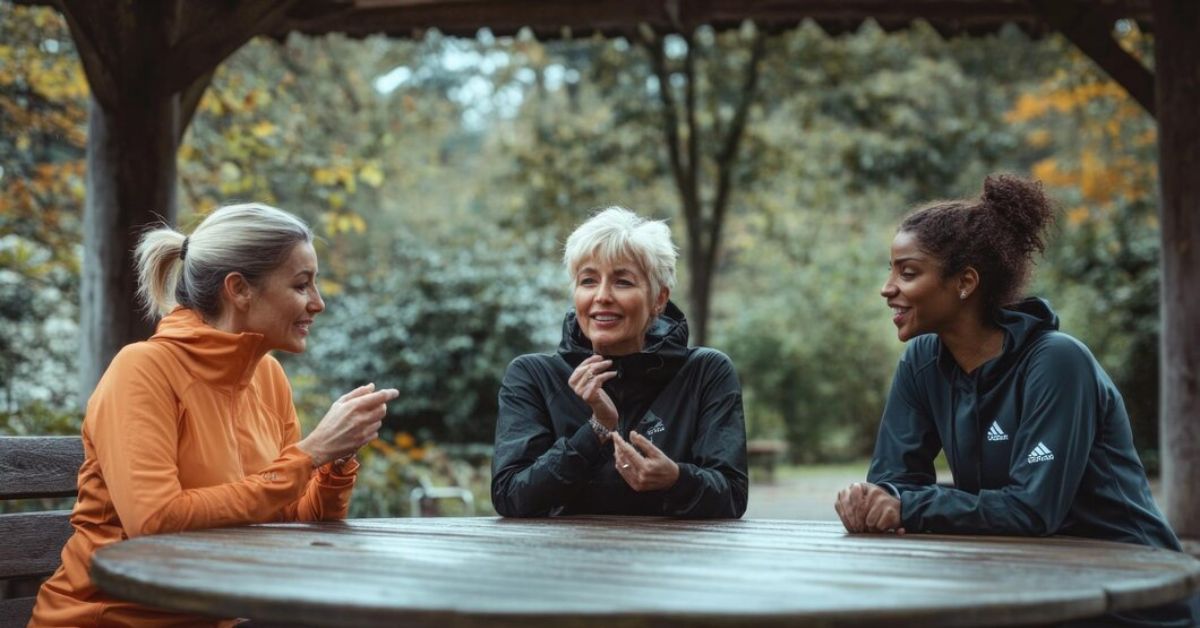Thriving in Your Senior Years: How Social Interaction Boosts Well-Being
As we age, maintaining a healthy and active lifestyle becomes more important than ever. Physical health often gets much of the attention, but emotional and mental well-being are equally crucial. One of the best ways to safeguard both mental and emotional health is through social interaction. Socializing not only brings joy and companionship, but it also has profound effects on overall well-being in your senior years. This post will explore the vital role social interaction plays in promoting a healthy, fulfilling life for seniors.
The Importance of Social Interaction in Senior Life
Social interaction is a fundamental human need. Throughout life, meaningful connections contribute to a sense of belonging, purpose, and happiness. However, as people grow older, they often face barriers to socialization such as retirement, the loss of a spouse, or physical limitations.
These challenges can lead to isolation and loneliness, which are significant risks to mental and physical health. That’s why maintaining social connections is essential for seniors. Regular interaction with family, friends, and the community helps reduce feelings of isolation, promotes cognitive health, and increases life satisfaction.
Mental Health Benefits of Socializing for Seniors
One of the most significant benefits of social interaction for seniors is improved mental health. Loneliness and isolation are linked to higher rates of depression and anxiety while staying socially active can counter these feelings. Engaging in conversations, participating in group activities, and forming meaningful relationships can foster a sense of purpose and fulfillment.
Socializing also stimulates the brain, helping to keep cognitive functions sharp. This is especially important as seniors are at risk of developing age-related cognitive decline, including dementia. Participating in activities that involve mental engagement, such as playing games, engaging in discussions, or learning new skills in social settings, can help slow cognitive aging. By staying mentally stimulated through social connections, seniors can enhance their memory, focus, and problem-solving abilities.
Physical Health Advantages of Staying Social
The benefits of socialization extend beyond mental health. Studies show that socially active seniors tend to have better physical health. Regular social interaction has been linked to lower blood pressure, reduced risk of heart disease, and better immune function. Seniors who engage in social activities are more likely to stay physically active, whether it’s through group exercises, walks with friends, or recreational sports, all of which promote physical fitness and mobility.
In addition, staying socially engaged can help seniors develop healthy routines, like eating balanced meals and keeping medical appointments, as they are often motivated by social interactions to take better care of themselves. Furthermore, the emotional support provided by a social network can be invaluable in encouraging seniors to seek medical care when needed and stay committed to healthy behaviors.
Social Interaction Reduces Stress and Anxiety
Seniors often face unique stressors, such as health concerns, loss of loved ones, and changes in lifestyle due to retirement or physical limitations. Social interaction provides a support system that can help seniors cope with these stressors more effectively. Talking to friends, and family members, or even participating in community groups provides emotional support and helps reduce feelings of anxiety.
Spending time with others, laughing, and engaging in fun activities releases endorphins—often called “feel-good hormones”—which naturally combat stress and boost mood. Group activities such as yoga, tai chi, or even informal social gatherings can promote relaxation and help reduce tension. The sense of belonging and connection that comes from socializing can be an excellent antidote to the stressors of aging.
How to Stay Socially Active as a Senior
There are many ways seniors can remain socially engaged and maintain an active social life, regardless of physical ability or location. Here are some practical tips:
Join Clubs or Groups:
Many communities offer clubs, classes, or senior centers where individuals can meet people with similar interests. Whether it’s a book club, gardening group, or crafting class, joining a group can provide a sense of community.
Volunteer:
Volunteering is a great way to give back while also making connections with others. Whether it’s helping out at a local charity or mentoring younger generations, volunteering can be a deeply rewarding social experience.
Stay Connected with Family:
Family relationships provide a vital source of social interaction. Seniors should make an effort to stay in touch with family members, even if they live far away, through phone calls, video chats, or social media.
Participate in Group Exercise:
Exercise classes designed for seniors, like aqua aerobics, yoga, or walking clubs, combine physical activity with social interaction, providing double the benefits.
Engage in Online Communities:
For those with mobility issues, the internet offers a range of ways to stay socially connected. Online forums, social media groups, and video calls can be excellent resources for staying in touch with others, especially for those who may have difficulty leaving their home.
Consider Assisted Living:
Assisted living in Layton offers seniors a supportive environment to stay socially active, make new friends, and join group activities. With organized outings, fitness classes, and social events, residents enjoy a vibrant social life while receiving necessary care and support.
In Conclusion
Social interaction is a key component of a healthy and happy senior life. It enhances mental and physical well-being, helps reduce stress, and can even prolong life. By staying engaged with family, friends, and the community, seniors can thrive emotionally, mentally, and physically. Whether it’s through volunteer work, hobbies, or simply keeping in touch with loved ones, maintaining strong social connections is an essential part of thriving in your senior years.







